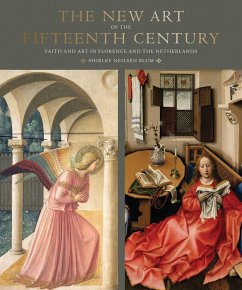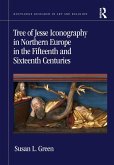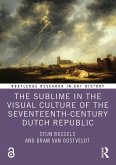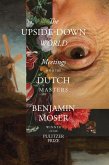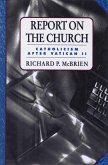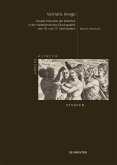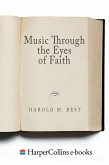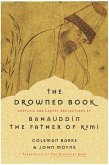A fresh look at the early Renaissance, considering Florentine and Netherlandish art as a single phenomenon, at once deeply spiritual and entirely new.
Adam and Eve are driven from the Garden of Eden into a rocky landscape, their naked bodies lit by a cold sun, their gestures and expressions a study in shame and anguish.
A serious man, well attired, kneels in prayer before the Virgin and Child, close enough to touch them almost, his furrowed brow setting off the saintly perfection of their features.
In fifteenth-century Florence and Flanders, painters were using an arsenal of new techniquesincluding perspective, anatomy, and the accurate treatment of light and shadeto present traditional religious subjects with an unprecedented immediacy and emotional power. Their art was the product of a shared Christian culture, and their patrons included not only nobles and churchmen but also the middle classes of these thriving commercial centers.
Shirley Neilsen Blum offers a new synthesis of this remarkable period in Western artbetween the refinements of the Gothic and the classicism of the High Renaissancewhen the mystical was made to seem real. In the first part of her text, Blum traces the emergence of a new naturalism in the sculpture of Claus Sluter and Donatello, and then in the painting of Van Eyck and Masaccio. In the second part, she compares scenes from the Infancy and Passion of Christ as rendered by artists from North and South. Exploring both the images themselves and the theological concepts that lie behind them, she re-creates, as far as possible, the experience of the contemporary fifteenth-century viewer.
Abundantly illustrated with color plates of masterworks by Fra Angelico, Botticelli, Rogier van der Weyden, and others, this thought-provoking volume will appeal equally to general readers and students of art history.
Adam and Eve are driven from the Garden of Eden into a rocky landscape, their naked bodies lit by a cold sun, their gestures and expressions a study in shame and anguish.
A serious man, well attired, kneels in prayer before the Virgin and Child, close enough to touch them almost, his furrowed brow setting off the saintly perfection of their features.
In fifteenth-century Florence and Flanders, painters were using an arsenal of new techniquesincluding perspective, anatomy, and the accurate treatment of light and shadeto present traditional religious subjects with an unprecedented immediacy and emotional power. Their art was the product of a shared Christian culture, and their patrons included not only nobles and churchmen but also the middle classes of these thriving commercial centers.
Shirley Neilsen Blum offers a new synthesis of this remarkable period in Western artbetween the refinements of the Gothic and the classicism of the High Renaissancewhen the mystical was made to seem real. In the first part of her text, Blum traces the emergence of a new naturalism in the sculpture of Claus Sluter and Donatello, and then in the painting of Van Eyck and Masaccio. In the second part, she compares scenes from the Infancy and Passion of Christ as rendered by artists from North and South. Exploring both the images themselves and the theological concepts that lie behind them, she re-creates, as far as possible, the experience of the contemporary fifteenth-century viewer.
Abundantly illustrated with color plates of masterworks by Fra Angelico, Botticelli, Rogier van der Weyden, and others, this thought-provoking volume will appeal equally to general readers and students of art history.
Dieser Download kann aus rechtlichen Gründen nur mit Rechnungsadresse in A, D ausgeliefert werden.

